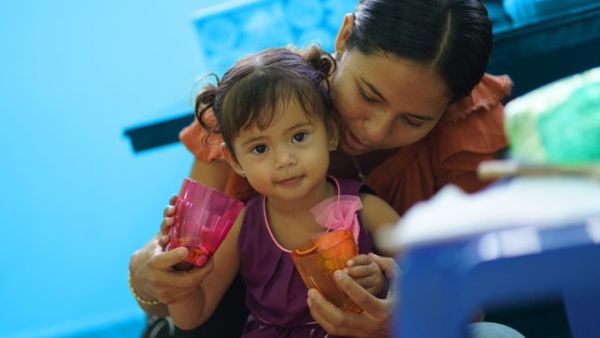ALBAWABA – Its shocking! There is a direct correlation between teenagers and mental health, UNICEF points out.
In its recent flagship State of The World’s Children 2021: On My Mind: Promoting, protecting and caring for children’s mental health, the UN organization points out the correlation has become stark recently – and over the past two years with onset of the Covid-19 pandemic.
"Almost one in five 15- to 24-year-olds around the world say they often feel depressed."@UNICEF's latest #SOWC report #OnMyMind demands urgent investments in child and adolescent mental health across all sectors.
— UNICEF Office of Research - Innocenti (@UNICEFInnocenti) October 5, 2021
Read @guardian's article ?https://t.co/9ZKKmy4T11
The report is going viral on the social media because of its findings. The Jordan Times states that UNICEF suggests that one in seven adolescents – who is between 10 and 19 years old – in the world is diagnosed with a mental disorder. Although the pandemic may have worsened the situation, many youths registered health problems previously and what is now urgently required more funding is needed from governments around the world to counter the problem, as stated in the Jordanian daily.
It points that governments around the world just spent two percent of their health budgets to deal with the mentally ill and what is required is a boosting of this expenditure.
What’s on children’s minds should be on all our minds.
— UNICEF (@UNICEF) October 5, 2021
COVID-19 has put the wellbeing of an entire generation at risk. Even before the pandemic, too many children and young people carried the burden of mental health conditions without support. This must change. #OnMyMind
UNICEF’s Jordan Representative Tanya Chapuisat argues that what is needed is an integration between mental health and psychological support services especially since earlier international surveys in 21 countries suggest that one in five people between the ages of 15 and 24 show that young people say they feel depressed.
“As more families struggle to put food on the table, the nutritional health of mothers and their children is getting worse by the day."
— UNICEF (@UNICEF) October 5, 2021
To save lives in #Afghanistan, UNICEF and @WFP are calling for urgent funds.https://t.co/4Jzzfkxbwz
UNICEF points out that the pandemic has created aftershocks that may chip away at the wellbeing of children for years to come in a reports that is seen as the most comprehensive globally.










